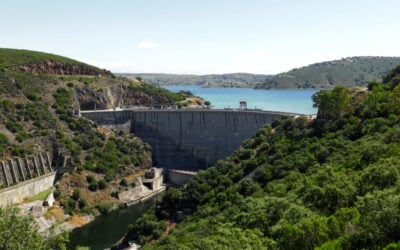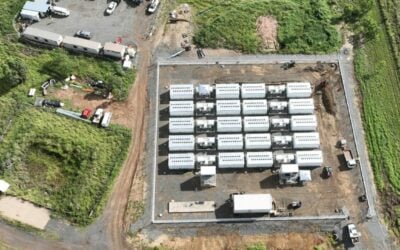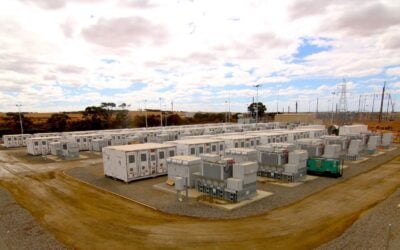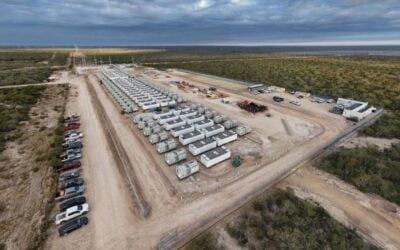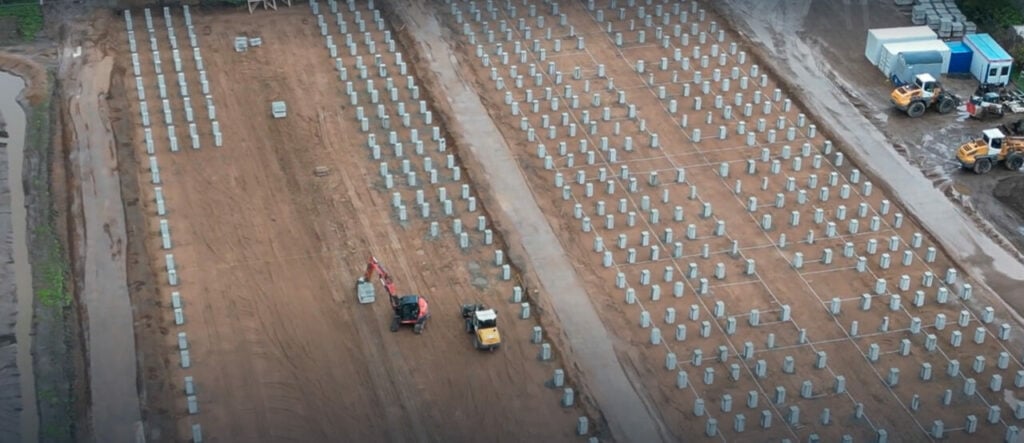
The start of 2025 has seen new and updated BESS revenue indexes launched for Germany as well as other other European markets, by optimiser enspired and consultancies Clean Horizon, Aurora Energy Research and LCP Delta.
The UK was the first European energy storage market to take off, now with 6GW/8GWh of battery energy storage systems (BESS) online (Premium access), but numerous other countries like Germany and Italy look set to catch up in the coming few years.
Enjoy 12 months of exclusive analysis
- Regular insight and analysis of the industry’s biggest developments
- In-depth interviews with the industry’s leading figures
- Annual digital subscription to the PV Tech Power journal
- Discounts on Solar Media’s portfolio of events, in-person and virtual
Or continue reading this article for free
However, Germany and Continental Europe has lacked a widely used index for battery energy storage system (BESS) revenues like Modo Energy’s in Great Britain (GB). A flurry of announcements in January has seen that change.
BESS revenue index for Germany
Perhaps most noteworthy among the announcements is enspired releasing the data for its own portfolio performance for grid-scale BESS in Germany, published for free on its site.
It has released annualised Euro revenues per MW from April to December 2024, both for the whole portfolio performance and the average, based on average 1.22 cycles per day. The portfolio used has a discharge duration of between 0.9 hours and 1.5 hours.
Peak revenues were around €220,000 (US$227,000) per MW/year around June, falling to around €100,000 per MW/year towards the end of the year.
Higher summer revenues in Germany are because of high solar generation in the day pushing prices low, and gas generation in the evening pushing prices high, creating huge price spreads, Aurora Energy Research said, announcing its own benchmark for Germany.
Gas and coal plants operate continuously, creating more stable price patterns and reducing revenue potential for batteries.
Aurora’s benchmark tracks historical revenues for a 2-hour BESS in Germany using Chronos, its battery trader simulation software, which also covers Iberia (Spain/Portugal), Italy and Australia. Its announcement also pointed out that battery indexes for Germany already exist, from university RWTH, data provider Batterydata, and optimiser Suena.
LCP Delta has also released a new BESS market index for Germany, which it discussed in a webinar today (6 February) with guest panellists from developer Obton and two other German optimisers, Suena and Entrix. The LCP Delta team discussed the German electricity market and the methodology underpinning its index.
Entrix CEO Steffen Schülzchen said that a BESS index is useful for giving you an idea of the market but that it should not be taken at face value, as the day-to-day optimising of a BESS is a highly specific exercise. “It’s fine to have that data, but you need to understand what you are going to use the Index for, and what you aren’t going to use it for,” he said.
The rest of the discussion touched on how an index could be used for trading strategies, entering deals with optimisers and talking to financiers.
Figures for France, Spain and Poland
Consultancy Clean Horizon meanwhile has released revenue data for France, Germany, Spain and Poland, for both 1-hour, 2-hour and 4-hour systems, covering January 2023 to December 2024.
Its infographics – which are freely available – show hugely different trends during that period by country, with France’s most lucrative period in the second half of 2024, Germany’s in summer 2023, Spain’s at the very end of 2024, and Poland’s soared in summer 2024.
However, the latter two have much less grid-scale BESS capacity online so the figures may be skewed by specific projects coming online.
Analytics firm Kyos meanwhile has revenue indexes for Netherlands, Belgium, Germany, Spain and the UK.

